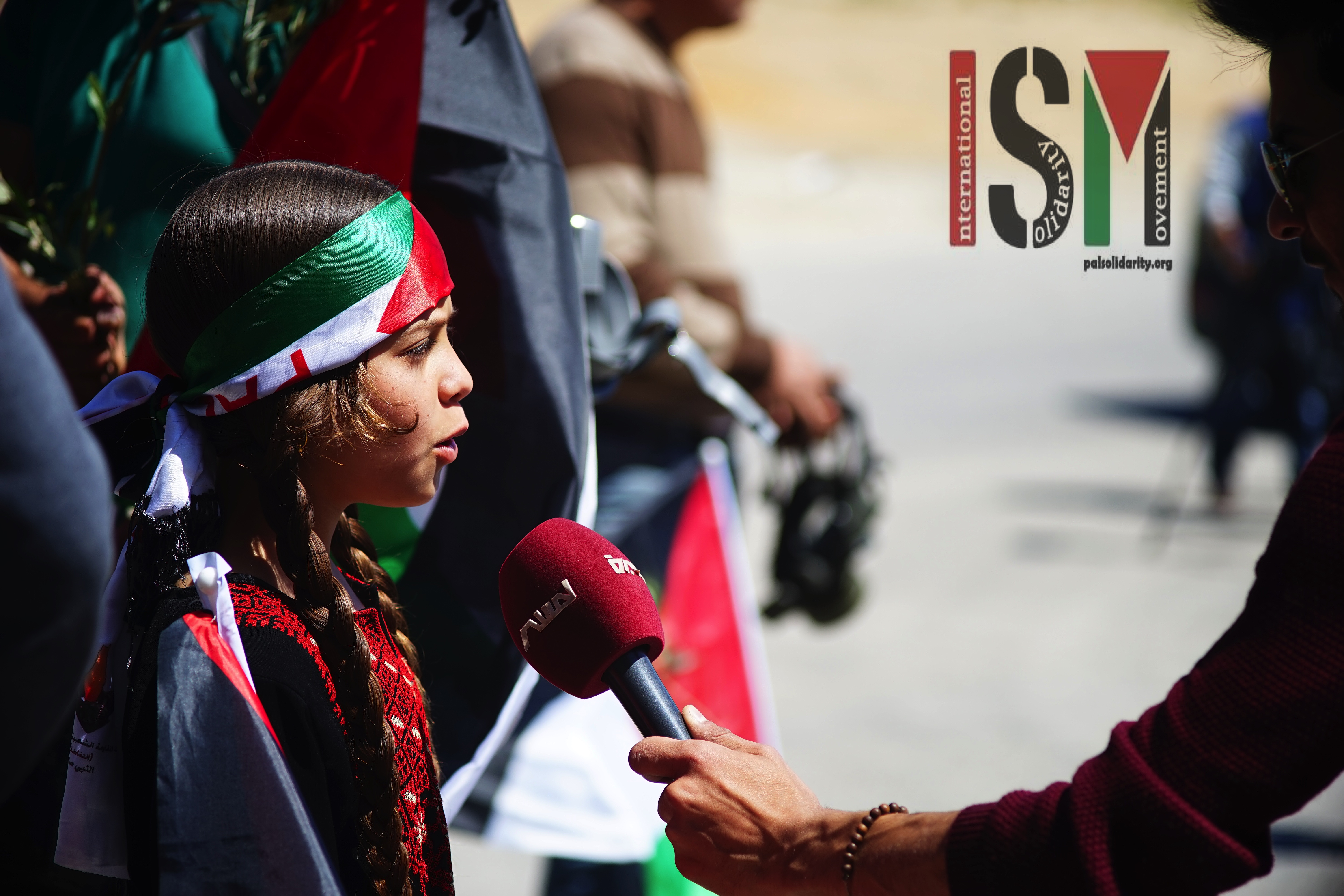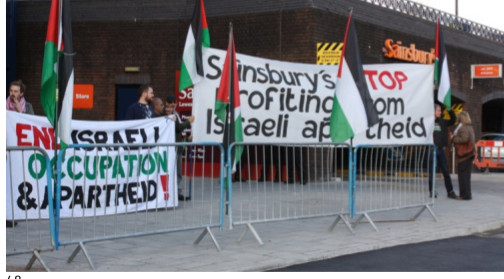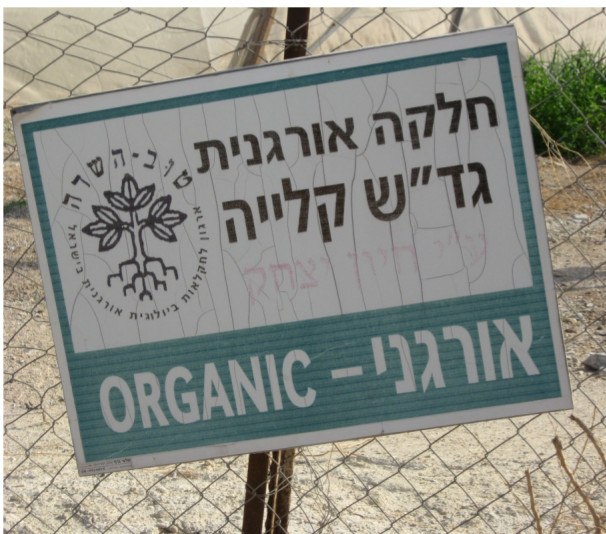Tag: Israeli forces
-
Apartheid in the fields: Part 3 How the food gets to us and what we can do
1st April 2016 | International Solidarity Movement, al-Khalil team | Gaza Strip, occupied Palestine A new report from Corporate Watch outlines exactly how the food grown in the illegal settlements of Palestine gets to our plates in Britain. This final summary looks at what we in Britain can do to support the boycott called for by…
-
Apartheid in the fields: Part 2 Injustice in the Jordan Valley
30th March 2016 | International Solidarity Movement, al-Khalil team | Gaza Strip, occupied Palestine A new report from Corporate Watch outlines exactly how the food grown in the illegal settlements of Palestine gets to our plates in Britain, and what we (in Britain) can do about it. In this second summary report we look at…



